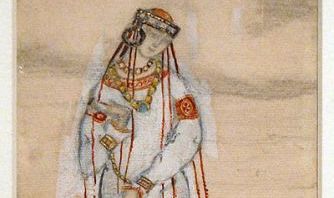More Resources for Home Learning
Posted on 30th January 2021 at 17:00

There are some great new resources available online to support teachers and parents with learning both in the classroom and at home.
These are some of the MWC team's top tips for free resources.
Do share your top tips for online resources with us on Twitter - @musicworkshopco














